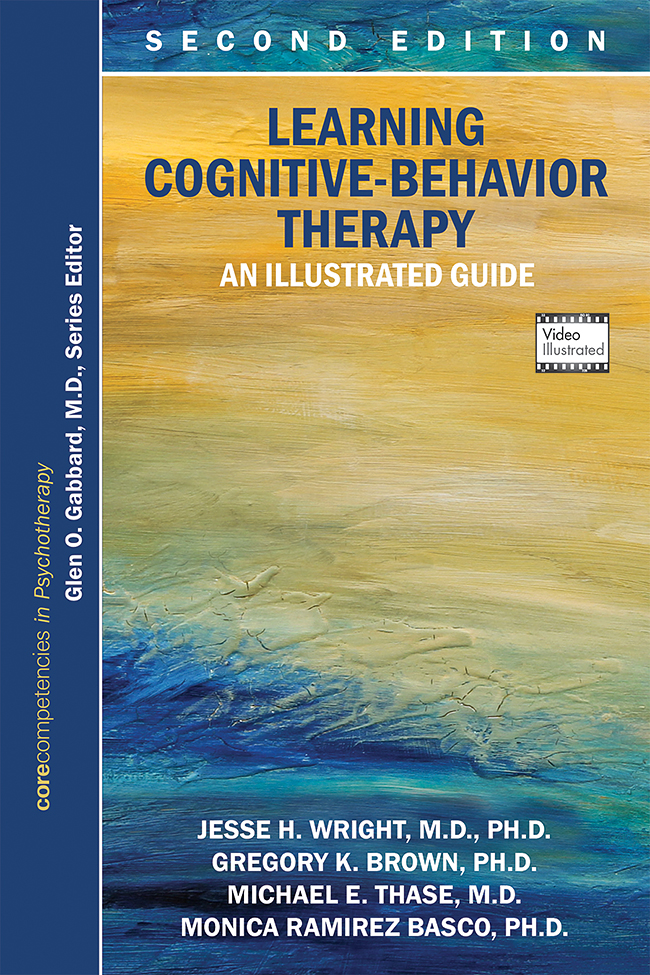Chapter 6.Behavioral Methods I: Improving Mood, Increasing Energy, Completing Tasks, and Solving Problems
Sections
Excerpt
Low energy, decreased interest in or enjoyment of activities, and difficulty completing tasks or solving problems are common complaints of people with depression. Not engaging in potentially pleasurable or rewarding activities often results in an aggravation of symptoms. A vicious cycle can ensue in which an individual’s reduced involvement in pleasurable or productive activities is followed by a further lack of interest or enjoyment, low mood (feelings of sadness and despair), increased helplessness, or worthlessness. This reaction, in turn, may lead to the individual’s further disengagement in pleasurable or rewarding activities and a subsequent worsening of depressive symptoms. Eventually, a downward spiral may continue to occur until the individual may assume that he is incapable of experiencing pleasure, completing tasks, or solving problems. Patients with the deepest levels of depression may become abjectly hopeless and give up on any attempts to change.
Access content
To read the fulltext, please use one of the options below to sign in or purchase access.- Personal login
- Institutional Login
- Sign in via OpenAthens
- Register for access
-
Please login/register if you wish to pair your device and check access availability.
Not a subscriber?
PsychiatryOnline subscription options offer access to the DSM-5 library, books, journals, CME, and patient resources. This all-in-one virtual library provides psychiatrists and mental health professionals with key resources for diagnosis, treatment, research, and professional development.
Need more help? PsychiatryOnline Customer Service may be reached by emailing [email protected] or by calling 800-368-5777 (in the U.S.) or 703-907-7322 (outside the U.S.).



